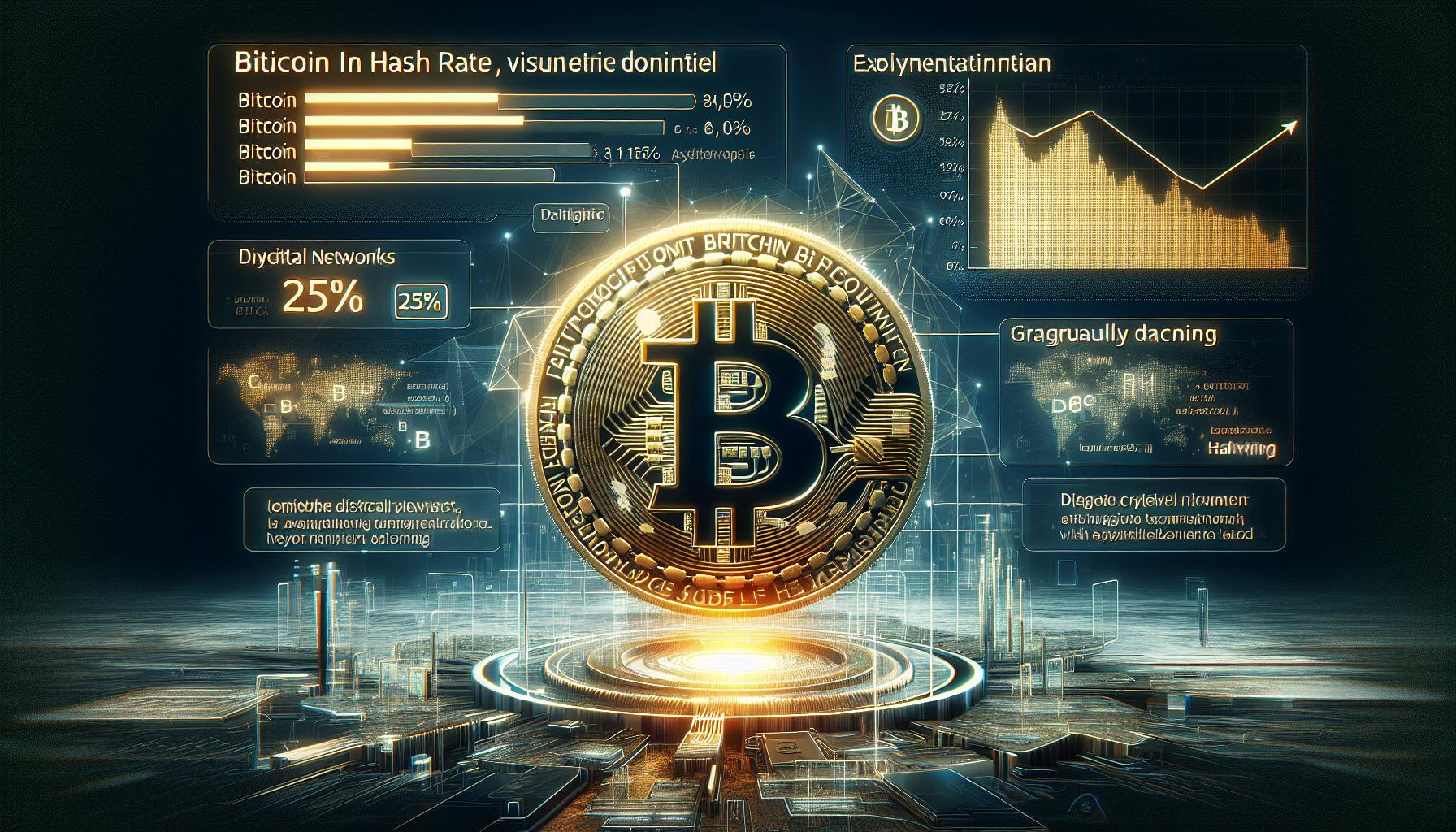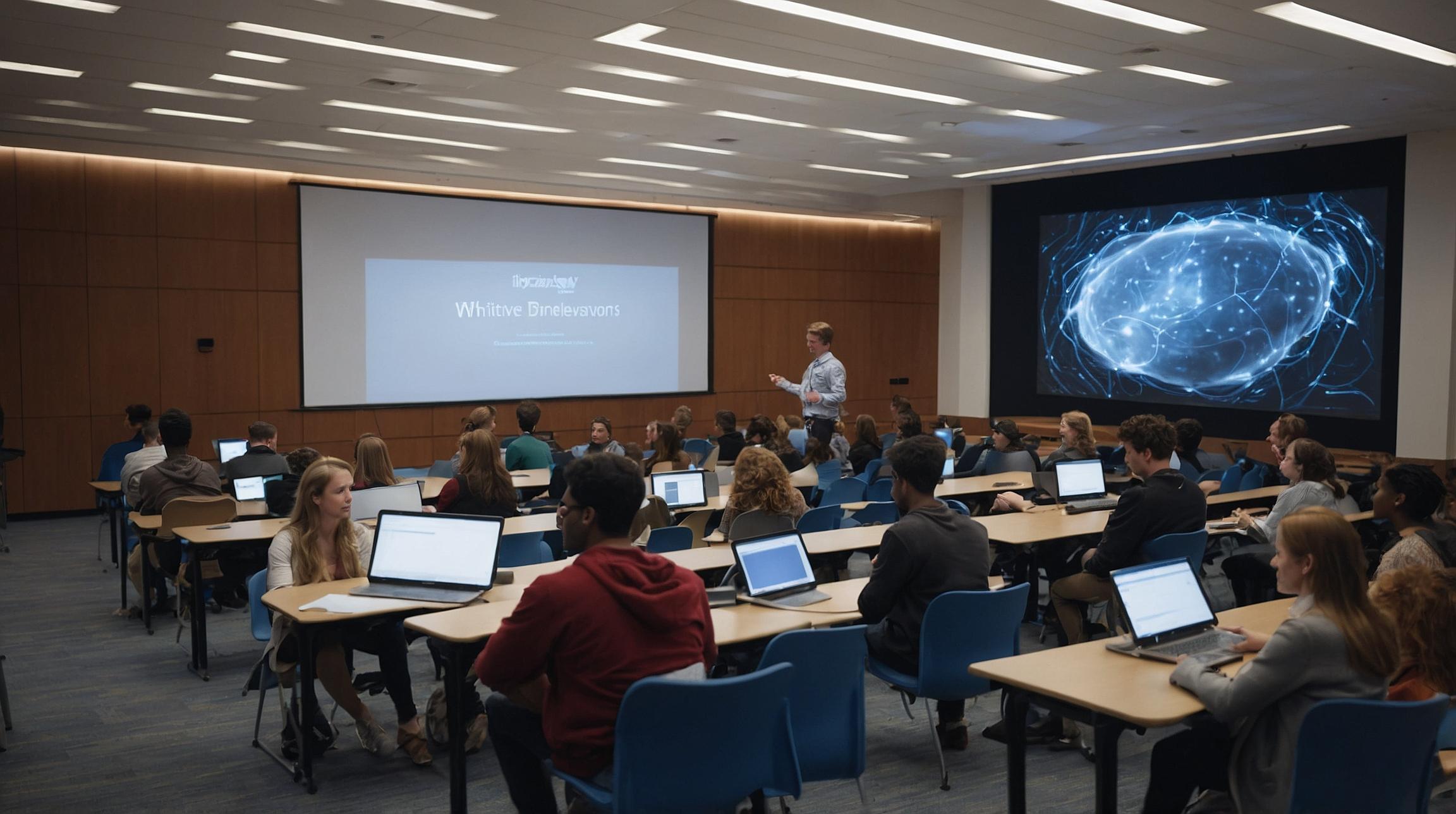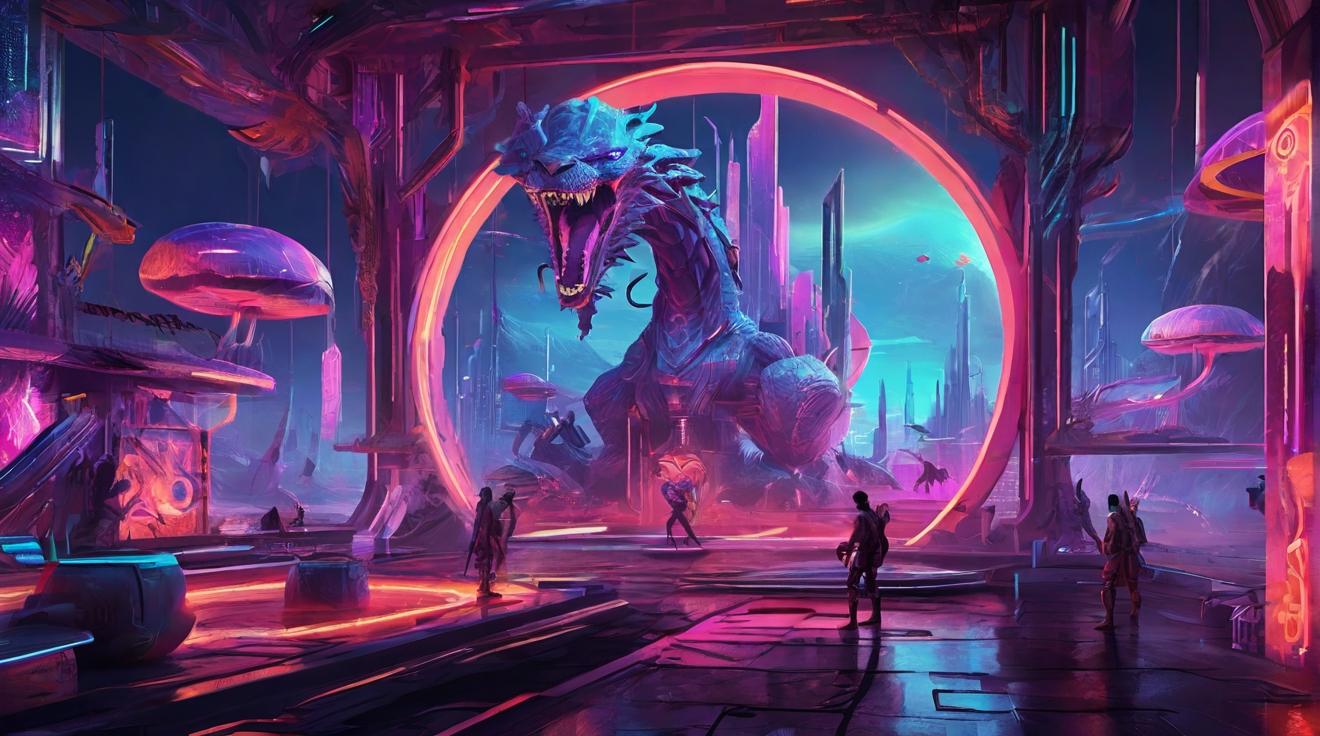Global Elections and the Threat of Artificial Intelligence
Almost half of the world’s population will participate in elections this year, but the spread of artificial intelligence is causing concern about the impact on the right to vote and the rise of misinformation.
The concern over artificial intelligence and its impact on the electoral process is growing. With the use of AI tools in data analysis and voter targeting, there are fears that the technology could be used to manipulate or suppress votes. In addition, AI algorithms could potentially discriminate against certain demographics, further eroding the right to vote.
The threat of misinformation and fake news is also amplified by AI tools. Generative models and chatbots can create and amplify false narratives, making it difficult for voters to distinguish between fact and fiction. This has major implications for the integrity of elections, as misinformation can sway public opinion and undermine the democratic process.
Both consolidated and fragile democracies face challenges in addressing these threats. Consolidated democracies must ensure the fair and free execution of elections, while fragile democracies struggle with the added complexities of social divisions and weak institutions. In both cases, the role of AI in shaping political outcomes poses a significant challenge.
The Scale of Elections in 2024
In 2024, a total of 76 countries are scheduled to hold elections. This includes some of the most populous and polarized democracies in the world. The outcome of these elections will have a profound impact on global politics and governance.
Several countries with upcoming elections are particularly noteworthy. Brazil, India, and the United States, for example, are all experiencing high levels of polarization and deep social divisions. Managing the electoral process in these countries is a significant challenge, as misinformation and the spread of fake news can exacerbate these divisions and undermine democratic norms.
Ensuring free and fair elections in the midst of polarization and misinformation is no easy task. It requires robust safeguards, transparency, and the active participation of citizens in holding politicians and media accountable. Without these measures, the democratic fabric can be weakened, eroding trust in institutions.
The Threat of Deep Fakes and Synthetic Content
Generative models, such as ChatGPT, have made it easier to create and manipulate realistic content. This includes the creation of deep fakes, which are videos or images that have been manipulated to make it look like someone said or did something they didn’t.
The danger of deep fakes lies in their ability to deceive the public and spread falsehoods about political adversaries. In the context of elections, deep fakes can be used to discredit candidates or sway public opinion. The impact of this technology on the electoral process is deeply concerning.
Disinformation is a global problem with no easy solution. The rapid advancement of AI technologies requires constant vigilance and adaptation to new threats. Governments, tech companies, and civil society must work together to develop robust strategies for identifying and countering the spread of deep fakes and synthetic content.
The Impact on National Governments
National governments face a significant challenge in protecting the authenticity of the popular vote and ensuring citizens’ right to elect their leaders. The integrity of the electoral process is crucial for maintaining the legitimacy of government and upholding democratic values.
The spread of misinformation and the erosion of trust in elections pose a serious risk to democracies around the world. Disinformation campaigns can undermine public confidence in the electoral process, leading to heightened polarization and a breakdown of democratic norms.
These concerns were expressed at the World Economic Forum in Davos, where leaders from around the world discussed the need for collective action to address the threats posed by AI in the electoral process. Without robust measures to protect against the manipulation of elections, the very foundations of our democracies are at risk.
The Uncertain Horizon
The convergence of geopolitical tensions and technological advancements in AI creates an uncertain political and economic landscape. The potential for electoral disruptions, fueled by the spread of misinformation and the use of AI tools, adds another layer of complexity.
Electoral disruptions can have far-reaching consequences, from political instability to economic uncertainty. The impact of these disruptions is unknown and difficult to predict, making it imperative that governments, tech companies, and civil society work together to develop proactive strategies to address these challenges.
Addressing the threats posed by AI in the electoral process requires a multi-faceted approach. It involves strengthening democratic institutions and norms, increasing transparency and accountability, and investing in technological solutions that can detect and mitigate the spread of misinformation. Only through concerted efforts can we safeguard the integrity of elections and protect the foundations of democracy.
Analyst comment
This news can be evaluated as negative. The threat of artificial intelligence and its impact on elections, including the spread of misinformation and deep fakes, is of concern. The market is likely to face uncertainty and potential disruptions due to the convergence of geopolitical tensions and advancements in AI. Solutions need to be developed to address these threats and protect the integrity of the electoral process.













